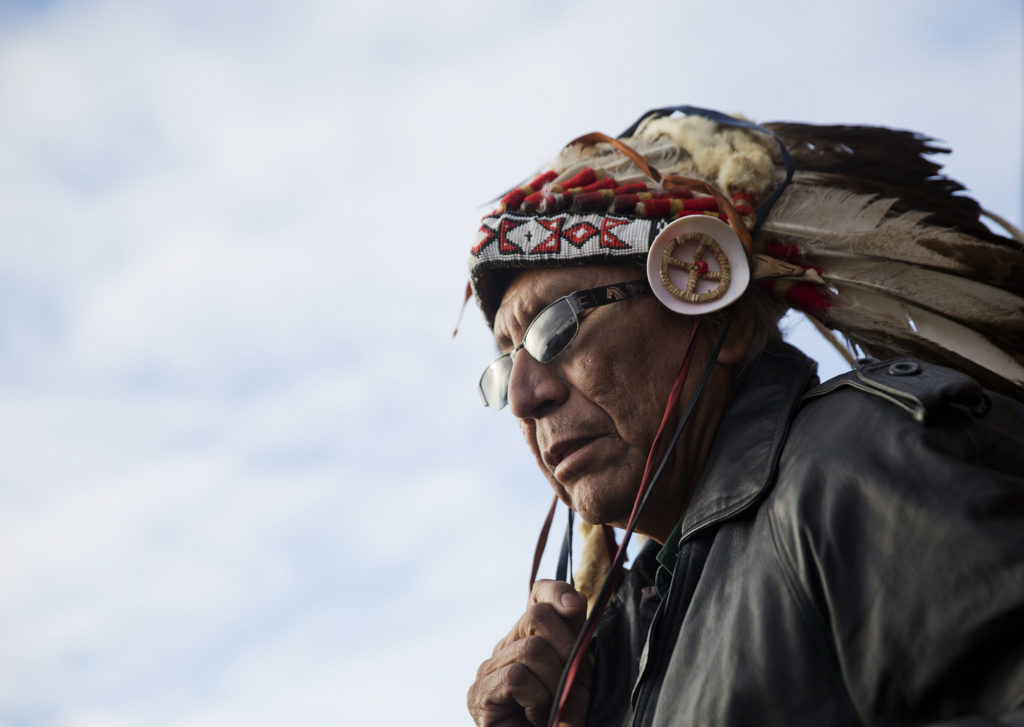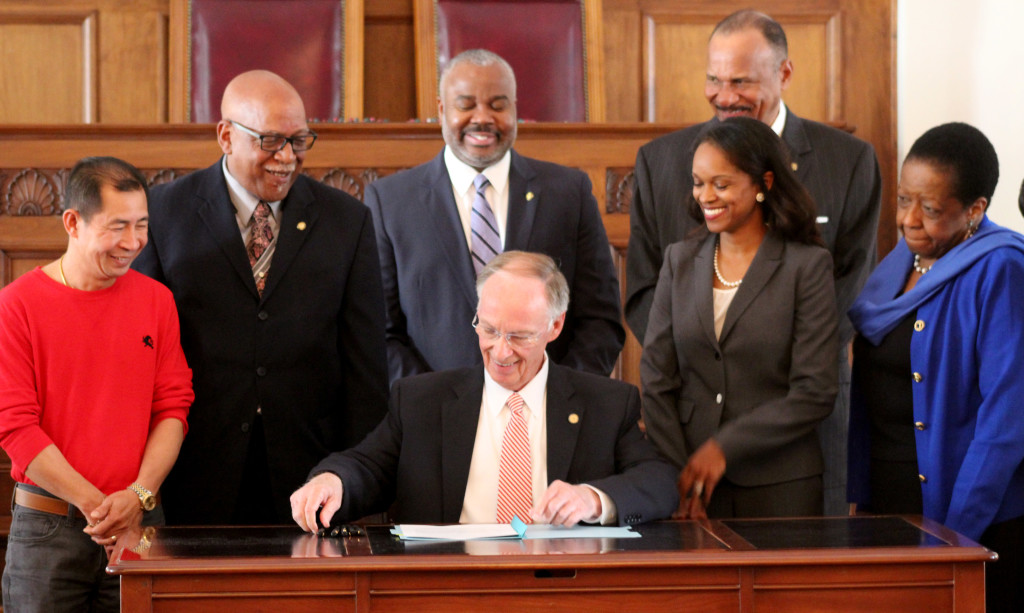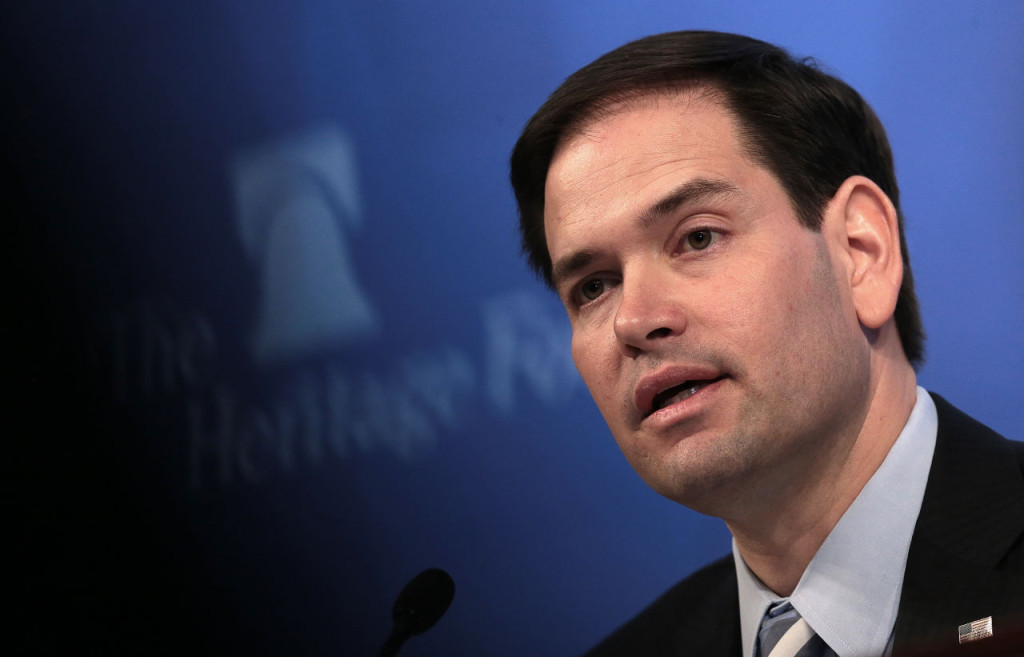July Fourth holiday brings mixed feelings for minorities

As many in the United States celebrate the Fourth of July holiday, some minorities have mixed feelings about the revelry of fireworks and parades in an atmosphere of tension on several fronts. How do you celebrate during what some people of color consider troubling times? Blacks, Latinos and immigrant rights advocates say the aftermath of the 2016 presidential election, recent non-convictions of police officers charged in the shootings of black men, and the stepped-up detentions of immigrants and refugees for deportation have them questioning equality and the promise of life, liberty and the pursuit of happiness in the United States. Filmmaker Chris Phillips of Ferguson, Missouri, says he likely will attend a family barbecue just like every Fourth of July. But the 36-year-old black man says he can’t help but feel perplexed about honoring the birth of the nation after three officers were recently cleared in police shootings. — POLICE SHOOTINGS Since the 2014 police shooting of unarmed teenager Michael Brown in Ferguson, Missouri, officer shootings – of black males in particular – have drawn scrutiny, sparking protests nationwide. Few officers ever face charges, and convictions are rare. Despite video, suburban St. Paul, Minnesota, police officer, Jeronimo Yanez, was acquitted last month in the shooting of Philando Castile, a black man. The 32-year-old school cafeteria worker was killed during a traffic stop July 6, almost a year ago. “Justice apparently doesn’t apply to all people,” said Phillips, who saw the protests that roiled his town for weeks following Brown’s death. His yet-unreleased documentary “Ferguson 365” focuses on the Brown shooting and its aftermath. “A lot of people have lost hope.” Unlike Phillips, Janette McClelland, 55, a black musician in Albuquerque, New Mexico, said she has no intention of celebrating July Fourth. “It’s a white man’s holiday to me. It’s just another day,” McClelland said. “I’m not going to even watch the fireworks. Not feeling it.” McClelland, who grew up in Los Angeles before the urban unrest of the 1960s, said she fears cities may see more violence amid a feeling of helplessness. “I’m praying and trying to keep positive,” she said. — IMMIGRATION Immigration was a key issue during the presidential campaign for both parties. Since then, Trump’s administration has stepped up enforcement and instituted a scaled-back partial travel ban that places new limits on entry to the U.S. for citizens of six Muslim-majority countries. The temporary ban requires people to prove a close family relationship in the U.S. or an existing relationship with an entity like a school or business. On Friday, the administration announced that Immigration and Customs Enforcement would arrest people – including relatives – who hire smugglers to bring children into the U.S. illegally. Patricia Montes, a Boston resident and immigrant from Honduras, said she’s grateful for the opportunities and security the United States has given her. Yet this year, she doesn’t know how to approach the Fourth of July holiday. “I fell very conflicted,” said Montes, an immigrant advocate. “I mean, what are we celebrating? Are we celebrating democracy?” Montes said it pains her to see children fleeing violence get turned away and deported back to Central America without due process. She also is disturbed by recent immigration raids in Latino and Muslim communities that spark more fear and uncertainty. In Texas, Latino activists have been protesting a state law that forces cities and towns to cooperate with federal immigration authorities. In New Mexico and Michigan, immigrant advocates have been rallying on behalf of Iraqi refugees facing deportation. “There’s a lot not to be proud about when celebrating the Fourth of July,” said Janelle Astorga Ramos, a University of New Mexico student and daughter of a Mexican immigrant. “Even though it’s a time to celebrate as a country and (for) our unity, it’s definitely going to be on the back of our minds.” Desspite those problems and concerns, Ramos said her family will recognize the holiday and visit Elephant Butte, New Mexico, a popular summer destination. “This is our home,” Ramos said. Isabella Baker, a 17-old Latina from Bosque Farms, New Mexico, said she’ll celebrate the holiday based on her own views of patriotism. “More people are standing up because of the political climate,” Baker said. “That makes me proud.” — PROTEST AGAINST PIPELINE For months, members of the Standing Rock Sioux were at the center of a protest against an oil pipeline in North Dakota. A protest camp was set up. The tribe said the Dakota Access oil pipeline plan could pose a threat to water sources, if there were a leak, and cause cultural harm. Police made more than 700 arrests between August 2016 and February 2017. The Trump administration approved the final permit for the $3.8 billion pipeline, which began operating June 1. The pipeline moves oil from western North Dakota to a distribution point in Illinois. Four Sioux tribes are still fighting in federal court to get the line shut down. Ruth Hopkins, a member of South Dakota’s Sisseton Wahpeton Oyate tribe, said Native Americans have always viewed the Fourth of July with ambivalence, and this year will be no different. However, there will be celebrations. Her Lake Traverse Indian Reservation holds an annual powwow on July 4 to honor veterans as a way to take the holiday back, she said. “Also, a lot of people up here use fireworks and the holiday to celebrate victory over Custer for Victory Day,” said Hopkins, referring to Sitting Bull and Crazy Horse defeating George Custer and his 7th Cavalry at the Battle of the Little Big Horn. Still, the holiday comes after tribes and others gathered in North Dakota to support the Standing Rock Sioux tribe and its fight against the pipeline, Hopkins said. Because of that, water and land rights remain on peoples’ mind, Hopkins said. Gyasi Ross, a member of Montana’s Blackfeet Nation and a writer who lives on the Port Madison Indian Reservation near Seattle, said all the tensions this Fourth of July are a blessing because it has
Robert Bentley signs order creating Office of Minority Affairs

On Wednesday, Gov. Robert Bentley signed an Executive Order creating the Governor’s Office of Minority Affairs (GOMA). The newly formed office will look into issues facing women and minorities in the state. Specifically, the office will be tasked with: Conduct community outreach throughout the state to assess and address issues facing women and minorities Encourage public debate on issues affecting Alabama minority populations, including open access to public services and fair and equitable implementation of public policy Assess efforts by state agencies to assist women and minorities, promoting self-sufficiency through education and training Collaborate with business and industry representatives, the Alabama Workforce Council, higher education stakeholders and the Alabama Small Business Commission to facilitate identification of minority and women-owned businesses and to provide recommendations on how to better foster economic development opportunities for minority and women-owned businesses, with the goal of increasing the number of minority and women-owned businesses Advise the Governor concerning the coordination and administration of state programs serving minority populations Monitor existing legislation and programs designed to meet the needs of minorities Research and analyze all areas affecting the quality of life of minorities At the helm of the office will be Nichelle Nix, who noted during Wednesday’s press conference that it would be her goal to “ensure fairness and equality.” “I know we have a challenging road ahead of us,” Nix said. “I am resolute in my efforts to help the Governor… together we will lift every voice in the state of Alabama.” Most recently Nix has served as an attorney in the Governmental and Regulatory Affairs Division at Maynard, Cooper & Gale, P.C. in Birmingham. She studied Political Science at Spellman College in Atlanta and earned her Master’s Degree in Public Health from Emory University. During the press conference, Bentley praised Nix for being a “great person” with “great credentials” and a vast array of training and experience. While all of the details are not worked out for funding the office, Bentley noted that it will fall under the governor’s office and be funded from there. Further details will emerge as those involved have a better idea of how many people will be employed by the office. “Alabama has a unique history in promoting civil rights for minorities, and the courage and boldness of our citizens is a testament to the principles on which our state and country were founded,” Bentley said in a news release. “The newly created Governor’s Office of Minority Affairs will be a great resource and a new perspective on addressing minority and women’s issues. My goal is to make Alabama stronger, and minorities and women are an important component of the Great State 2019 Plan.”
Marco Rubio promoting strong military as part of foreign policy

Republican presidential candidate Marco Rubio is outlining a foreign policy doctrine centered on aggressive use of U.S. power, boosting military spending, and protecting the rights of minorities around the world. The Florida senator, who has staked out hawkish views on world affairs, is also directly warning Russia, China and Iran against “attempts to block global commerce,” according to excerpts of a speech scheduled Wednesday afternoon at the Council on Foreign Relations in New York. In a wide-open Republican primary field, Rubio has been touting his foreign policy experience and using it as a way to set himself apart from his competitors. The first-term senator serves on the Foreign Relations Committee and the Intelligence Committee, and he has become a sharp critic of President Barack Obama‘s handling of international issues. In his first major policy speech as a presidential candidate, Rubio details a three-pronged foreign policy doctrine that he says would guide his potential presidency. Rubio, 43, argues that the government must “adequately fund our military,” even in times of peace and stability. Earlier this year, he introduced a budget amendment to increase defense spending, but the measure failed. It’s unclear whether Rubio will call for specific spending levels Wednesday. Rubio also calls for using “American power to oppose any violations of international waters, airspace, cyberspace or outer space.” He singles out attempts to cause economic disruption either through direct invasions or by blocking transit through the South China Sea or the Strait of Hormuz, where Iran recently seized a Marshall Islands-flagged ship. “Gone will be the days of debating where a ship is flagged or whether it is our place to criticize territorial expansionism,” he says in the excerpts. Seeking to look beyond sheer military power, Rubio says he would support the spread of economic and political freedom, resist efforts by large powers to control smaller neighbors, and advance the rights of women and religious minorities around the world. “The American people hear their cries, see their suffering, and most of all, desire their freedom,” he says. The senator has been particularly critical of Obama’s thaw with Cuba, the communist island nation his parents left in the 1950s. He’s argued that the president’s overtures to Havana are a premature reward for a nation with a repressive government and dismal human rights record. Republished with permission of The Associated Press.


